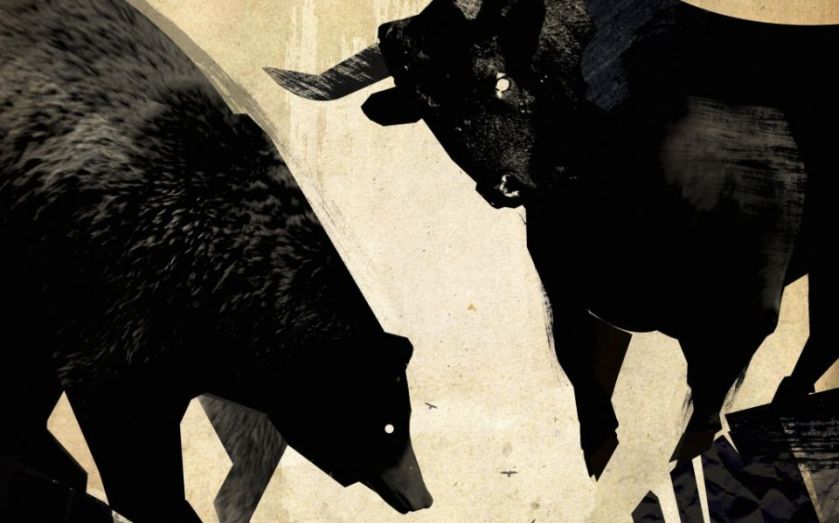A quiet revolution in Saudi Arabia is unlikely good news – Animal Spirits

Each month John Hulsman examines under-appreciated opportunities around the world, uncovering markets that it would be easy to overlook.
Economics has never been the problem with Saudi Arabia. Investors have long eyed the petrokingdom as one of the world’s last-untapped frontier markets. Given its almost boundless energy riches, with GDP equalling $750bn, Riyadh amounts to the Middle East’s largest economy. The Saudi stock market, the Tadawul, has an impressive capitalisation of $590bn, growing by a respectable 16 per cent year to date.
No, the problem with investing in Saudi Arabia has nothing to do with its economic prospects; rather, the extremely closed nature of the Saudi economy and huge political risk have, until today, deterred investors from involvement in a country that – on its economic merits alone – would seem to amount to a no-brainer in terms of opportunity.
The first problem has been that foreign investors have not been able to invest in the Kingdom in any meaningful way. The Tadawul only permitted indirect foreign investment, which meant in practice that foreign economic involvement in the country was highly circumscribed.
The second hurdle concerned a real question mark over the long-term stability of the House of Saud itself, a vexed issue that at its kernel involved the manner of the royal succession. Unlike the system of primogeniture used by the royal families of Europe, the Saudi succession has gone from brother-to-brother rather than father-to-son. How the royal family would make the perilous leap to the House of Saud’s founder King Abdul-Aziz’s grandsons, without fatally alienating the literally thousands of possible claimants to the throne in that third generation, has long been a pressing question.
But both these problems have recently, and dramatically, begun to be mastered. The new, more assured, Saudi King Salman has not gone back on the promised investment reforms of his immediate predecessor, King Abdullah. As of 15 June 2015, foreign investors will at last be allowed to directly participate in the Tadawul.
Of course, this being Saudi Arabia, there are significant remaining restrictions. Only foreigners managing at least $5bn in assets will be allowed to enter the Saudi stock market, and only 49 per cent of the Saudi domestic companies’ shares will be open to sale to foreigners, preserving local control over their business decisionmaking. Likewise, the House of Saud has seen to it that total foreign investment in the Tadawul cannot ever exceed 10 per cent of its total value.
However, these restrictions resemble nothing so much as what happened in China during its transitional period as it opened itself up to the rest of the world. So, for all the qualifiers, in slowmoving Saudi society, this market opening amounts to a very big deal.
The recent political developments in Riyadh have been, if anything, even more dramatic. If you asked a Saudi-watcher in Washington which of the legion of grandsons of King Abdul-Aziz they would most like to first sit on the throne, King Salman’s nephew Mohammed bin Nayef would have won in a landslide. Nayef – who has been named the new Crown Prince – is wellknown and well-regarded in the West, where he has a sterling reputation as the tough and able counter-terrorism tsar, working hand-in-glove with America to beat back al-Qaeda following 9/11. Presently serving as interior minister, he is easily Washington’s favourite among the coming generation of Saudi royals.
Best of all, bin Nayef’s advancement has been met with silent acquiescence from the other branches of the Saudi royal family. It seems that the House of Saud is more politically nimble than it had generally been given credit for. This change in political risk analysis about the trajectory of the Saudi regime, coupled with the equally startling opening of its stock market, means that here is a frontier market abounding in opportunity.